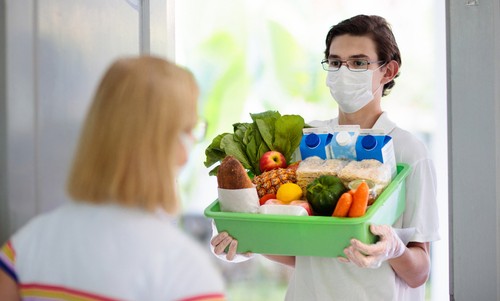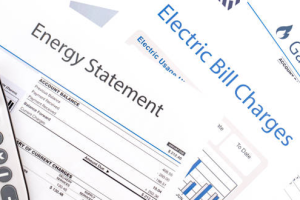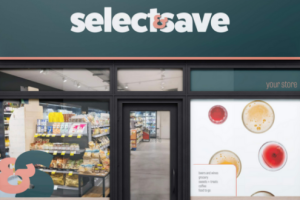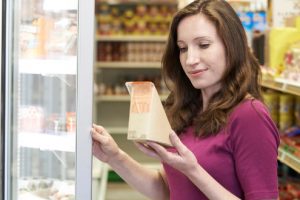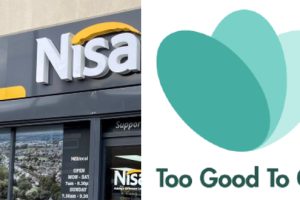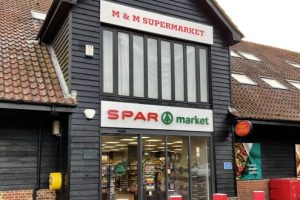Giles Morrell, owner of the shop in Stourport-on-Severn, Worcestershire, told the online SRS20 trade show and conference run by wholesaler AF Blakemore that his sales had risen by a minimum of £2,000 a week after setting up home delivery at the start of lockdown.
Having started with a telephone ordering system, the store was soon taking 30 to 50 calls a day, he said, prompting him to move to a digital platform in the shape of the Snappy Shopper app.
“It was hard work, but it led to a huge increase in sales, volumes and goodwill,” Morrell told the conference earlier this afternoon.
“I thought to myself, this is not just a flash in the pan, it’s a long-term opportunity.”
He was able to buy a VW van during lockdown to use for deliveries, which he and his staff initially carried out by themselves.
Now, however, he has enlisted the help of a self-employed delivery driver. “We found it was more profitable,” Morrell said. “It allows our staff to focus on the store and the drivers get the full delivery charge.”
He said the most difficult aspect had been getting customers to download and start using the app. “We have a lot of regular customers, but the hard thing was getting them in the first place.”
In order to promote the app, he offers a free first delivery, advertises on Facebook at least once a week, and runs competitions on social media whereby shoppers have the chance to win their whole order free of charge.
He has also targeted a younger demographic, who he believes are more likely to buy into the proposition.
While online sales are slower now than they were at the peak of the pandemic earlier in the year, Morrell said the store was still taking an “absolute minimum of £2,000 a week because of home delivery”.
In addition, nine out of 10 of his highest-spending customers now come from outside the store’s traditional catchment area.
“We’re selling what we have always sold – milk, bread, fruit and veg, alcohol – but more of it, to customers further away.”
Average basket spend online at more than £29 was more than three times higher than in-store. “And the amount of local goodwill also shouldn’t be forgotten,” he said.
Margins via the app, at nearly 25%, were some three percentage points higher than in-store.
“My advice is to think about doing it,” Morrell said. “Yes, there are added costs both in starting up and operating the service, but there are extra sales too and we should all focus on that aspect and nurture and grow our businesses.”
He said the store was still trading nearly 40% up year on year, a large part of that as a result of home delivery.
“Digital sales are going to play an ever-more important part in our business futures.”
- Louis Drake, sales director at Blakemore Trade Partners, said consumer behaviour had changed, probably forever, as a result of the pandemic, with many consumers wanting to carry on using home delivery. “Home delivery is now becoming the normal,” he told the conference. “Not just for the weekly shop but for smaller baskets and in some cases single items.” He added: “By default, we’re becoming multi-platform retailers – but remember, whether it’s physical or digital, the most important thing is having the right consumer offer.”
 Talking Retail Grocery and product news for independent retailers
Talking Retail Grocery and product news for independent retailers
